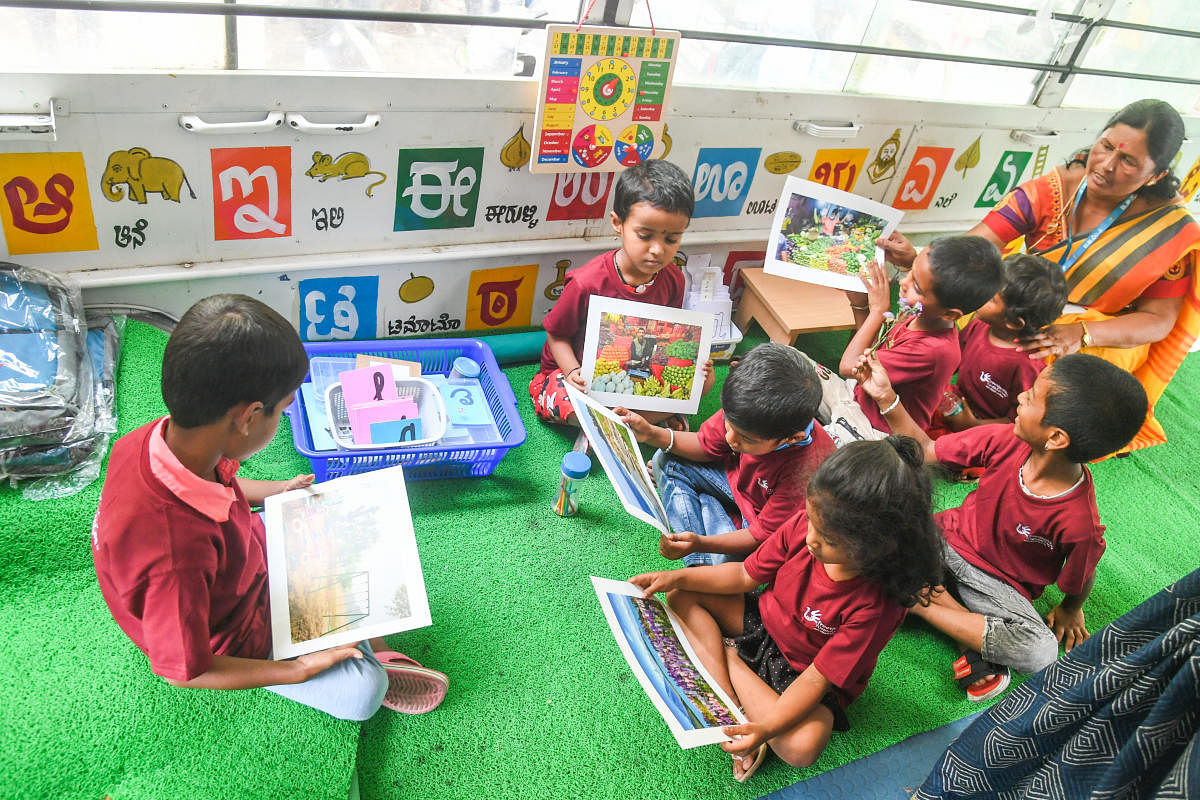
Schools in Maharashtra, and elsewhere, are doing away with merit and toppers' lists, a ritual hitherto followed immediately after the Board Exams results were announced. It is a change for the better and will certainly pave the way for establishing academic equality. This decision alone will dispense with a rather condescending academic apartheid in which only a few high-scoring students got to hog the limelight while scores of others felt neglected and humiliated. This step by schools may also serve as an antidote to our pathological obsession with marks and rote learning. In other words, this will debunk the marks-oriented current education system that puts unnecessary stress on parroting with little emphasis on proper, conceptual understanding of the subject. The old-fashioned and disparaging 'Merit List' culture robs our education system of humanistic temper and critical faculties and makes it too matter of fact.
That apart, our marks-based, exam-oriented education system is a travesty of education. This is just a perpetuation of what Thomas Babington Macaulay conceptualised in 1835 and the cunning British promulgated it to create, nay churn out, a litany of servile and grovelling babus sans the ability of independent thinking.
Today, education is lost in information and a student's memory is mistaken for his/her intelligence or brilliance. Even schools and colleges fail to distinguish between the two. Remember, the students who participated in the TV show, Kaun Banega Crorepati and managed to win a few lakhs, were hailed by their colleges and institutes as 'bright' and 'brilliant' and felicitated by the eminent people of the cities and towns they belonged to.
While toppers' list could be an incentive for a few 'intelligent' students, it is a dampener for most of the students. Knowledge is an ever-evolving continuous process. It cannot be squeezed into a three-hour exercise, more an ordeal, called exams. In these competitive times, a glorified marksheet is no guarantee to get a good job and a career thereafter. Creativity and innovation are the only engines that assure lasting success. Lateral Thinking is essential. Instead of linear or vertical thinking, which relies solely on logic, lateral thinking is a deliberate, systematic process of using your ability to think in a different way, otherwise called thinking out-of-the-box.
Academically brilliant students are often trained to think in a linear or vertical manner from the immediate perspective of performance in exams. This is no less than a monomania. Such spoon-fed 'brilliant' students often fail to develop their lateral faculties and multi-directional thought-process. In a way, their intelligence becomes mono-track, and may fail to develop fundamental pragmatism for mere survival.
We must concede that the routine pattern of education, based on exam-performance, is passe. It has been a nemesis for many youngsters for many years. Every year, many youngsters commit suicide following their 'not-so-good' performance in board exams. Our thinking needs a complete jolt and revamp.
Remember, there's never a hell and heaven difference in intelligence in two individuals. It all depends upon how one applies his mind. That's the key to success not only in exams but in all exams of life that are much more important.
In a lighter vein, academically not-so-brilliant students can draw some kind of a vicarious empathy from the fact that Einstein, Edison, Tagore, the polymath Rahul Sankrityayan, Bill Gates, Steve Jobs and many other distinguished names didn't acquire conventional formal education but they all reached the apogee of excellence in their chosen spheres.
(The writer is an advanced research scholar of Semitic languages, civilisations and cultures)